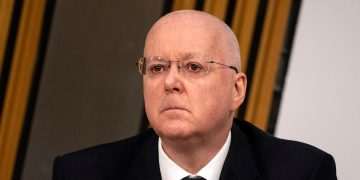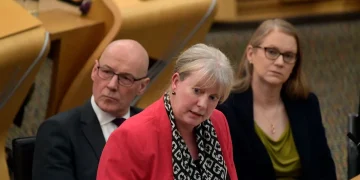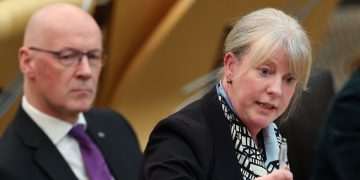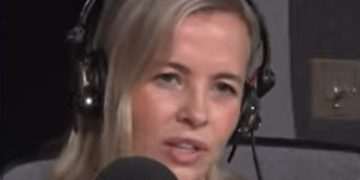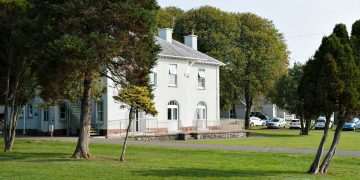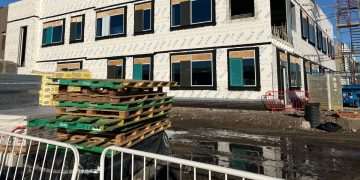
Momentum in the Scottish labour market slowed last month, with the growth in numbers of people being hired into new full-time roles falling to a 15-month low.
May saw the slowest increase in permanent placements since February 2021, according to the Royal Bank of Scotland’s Report on Jobs, with the growth in temporary billings falling to a four-month low.
The slowdown comes amid a steep decline in staff availability, which helped push up wages.
Sebastian Burnside, chief economist the Edinburgh-based bank, said: “While the loss of hiring momentum was inevitable following the sharp rebounds in activity seen after the easing of pandemic-related restrictions, it is hoped that any slowdown will be limited as overall demand for staff remains robust.
“Scotland’s job market saw a further marked increase in recruitment activity during the latest survey period, however hiring momentum eased for both permanent and temporary staff to the slowest in 15 and four months respectively, as the supply of staff deteriorated rapidly.”
It is the 17th successive month the number of permanent staff appointments north of the border has increased, with firms telling the bank that increased activity and improved market conditions resulted in more permanent placements.
The rate of growth eased for the second month running to the weakest figure since February 2021. The increase was slower than the UK-wide figure for the first time in five months.
Recruiters told the bank there was a marked rise in temp billings during May, which they put down to higher demand and projects which had been on hold because of the pandemic being resumed.
But there was a record contraction in permanent staff availability.
Businesses told the bank that skill shortages and a competitive labour market were behind the latest slowdown.
The tight jobs market and increased competition for staff has driven up starting pay, with salaries for new starters rising for the 18th consecutive month in May.
But the pace of wage inflation eased to the slowest since October. Average hourly pay rates for short-term staff rose last month, extending a run since December 2020.
Panellists told the bank some staff had negotiated higher pay due to the increased cost of living, and despite the rate of inflation accelerating slightly since April it was the second softest rise in 10 months.
Don’t miss the latest headlines with our twice-daily newsletter – sign up here for free.


